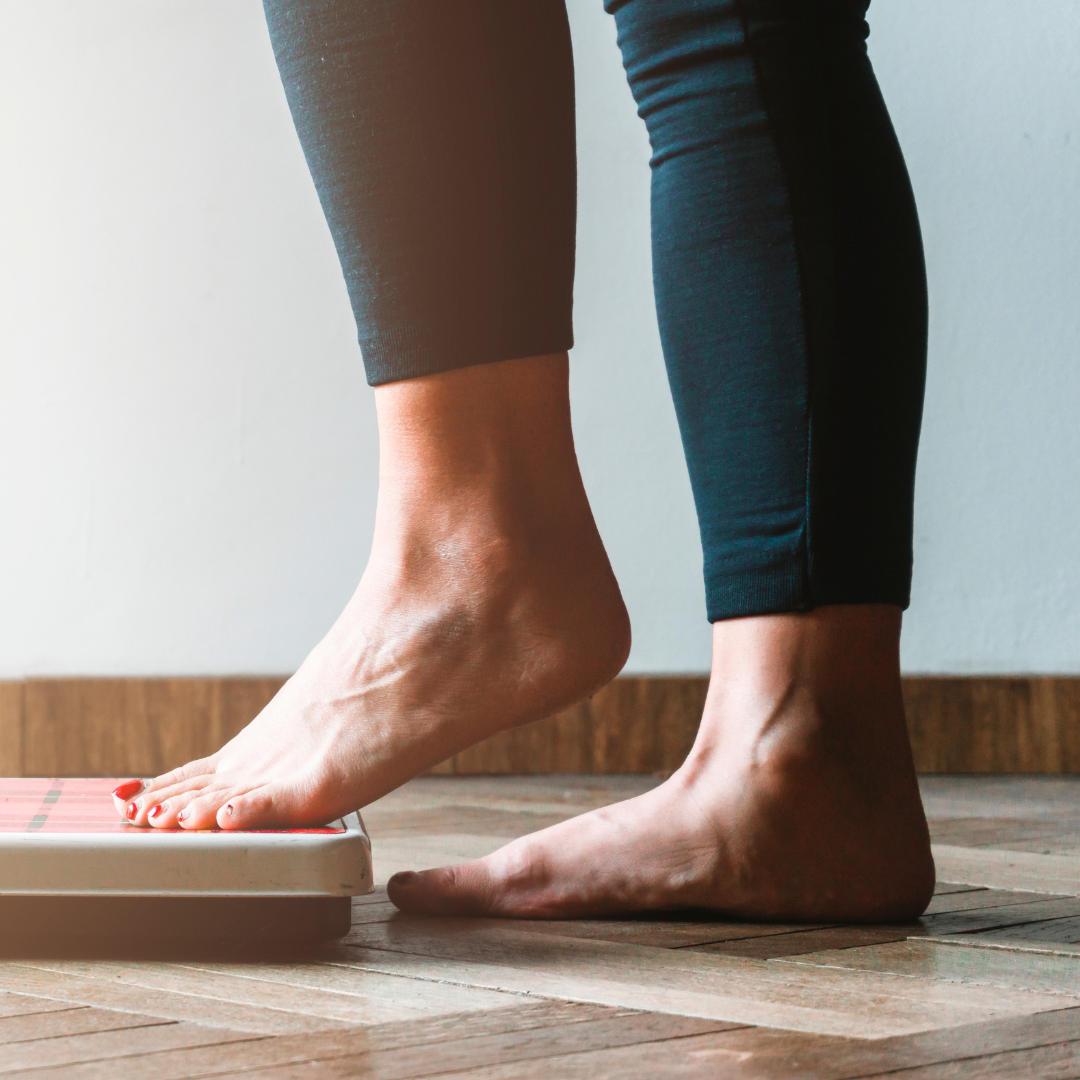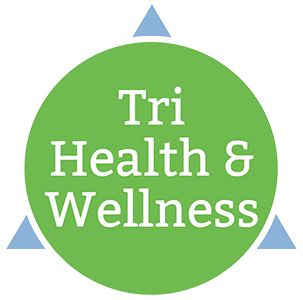Managing Stress for Better Health and Wellness
Spring has Sprung!
Spring has sprung. Flowers, grass, green leaves, budding crops, active lifestyles, outdoor activities fill the senses and invigorate the mind.
April is “National Stress Awareness Month”.
Therefore, I thought it would be a good time to address what stress is, some of the effects it has on the body and several healthy ways to help you deal with stress. Although stress serves to protect us as it enables us to respond quickly and avoid danger, too much, can take a toll on you physically, behaviorally, emotionally, cognitively, and spiritually.
What Are the Symptoms of Stress?
Physical symptoms of stress include:
- Low energy
- Headaches
- Upset stomach, including diarrhea, constipation, and nausea
- Aches, pains, and tense muscles
- Chest pain and rapid heartbeat
- Insomnia
- Frequent colds and infections
- Loss of sexual desire and/or ability
- Nervousness and shaking, ringing in the ears, and cold or sweaty hands and feet
- Dry mouth and a hard time swallowing
- Clenched jaw and grinding teeth
Behavioral symptoms of stress include:
- Changes in appetite -- either not eating or eating too much
- Procrastinating and avoiding responsibilities
- More use of alcohol, drugs, or cigarettes
- Having more nervous behaviors, such as nail biting, fidgeting, and pacing
Emotional symptoms of stress include:
- Becoming easily agitated, frustrated, and moody
- Feeling overwhelmed, as if you are losing control or need to take control
- Having a hard time relaxing and quieting your mind
- Feeling bad about yourself (low self-esteem), and feeling lonely, worthless, and depressed
- Avoiding others
Cognitive symptoms of stress include:
- Constant worrying
- Racing thoughts
- Forgetfulness and disorganization
- Inability to focus
- Poor judgment
- Being pessimistic or seeing only the negative side
Spiritual
- Not feeling connected to God and doubting Him\not feeling connected to family, friends, or those around you
- worried about the things you cannot control
- feeling of hopelessness
- losing your determination
What Are the Consequences of Long-Term Stress?
A little stress every now and then is not something to be concerned about. But ongoing, chronic stress can cause or worsen many serious health problems, including:
- Mental health problems, such as depression, anxiety, and personality disorders
- Cardiovascular disease, including heart disease, high blood pressure, abnormal heart rhythms, heart attacks, and strokes
- Obesity and other eating disorders
- Menstrual problems
- Sexual dysfunction, such as impotence and premature ejaculation in men and loss of sexual desire in men and women
- Skin and hair problems, such as acne, psoriasis, and eczema, and permanent hair loss
- Gastrointestinal problems, such as GERD, gastritis, ulcerative colitis, and irritable colon
Here are just a few healthy ways to deal with stress:
Eat and drink to optimize your health
In other words, clean up your diet and avoid boxed, processed, canned, fast, fried foods, refined carbs, like cookies and chips which can cause a spike in your blood sugar. Spikes are followed by a quick drop which might make your experience more stress and anxiety. Alcohol, and too much caffeine can also initially make you feel better but ultimately can contribute to more stress as well. Instead, increase the fruits and vegetables, lean healthy protein and fats and stay hydrates. This can help combat stress as your body has clean fuel to help you cope.
Get Regular Exercise
Getting a combination of cardio, strength training and gentle stretching is best. Each has its unique benefits and cardio has shown to release endorphins, the help you feel good substances that help you feel better.
Examine your values and beliefs and live by them
The more your day to day living reflects your beliefs and values, the better you feel about yourself and the decisions you make. This helps decrease stress.
Get the Right Amount of Quality Sleep
Sleep can help decrease stress. According to the National Sleep Foundation, stress and sleep are closely connected. If we don’t get enough sleep our bodies go into “fight or flight” mode, which means that the body releases stress hormones like cortisol, adrenaline, and norepinephrine. This contributes to sleep deprivation and chronic stress.
Try Stress Relief Supplements
Melatonin: a natural hormone that can help regulate your body’s circadian rhythm. Ashwagandha is an adaptaogenic ( ) herb known to increase the body’s resilience to physical, emotional, and mental stress. L-theanine: is an amino acid that has been shown to help reduce stress, promote relaxation, and improve quality of sleep. B vitamins can help lower homocysteine levels, reduce stress and improve mood.
Get a Hug from a Loved One
Physical stress can relieve your stress. A hug from someone who cares about you can help decrease the stress hormone norepinephrine and can help you relax
Take a Close Look At Your To-Do List and Re-Evaluate
Sometimes people add things on that increase the level of stress. If you are trying to get 16 hours of work in a 12 hour time frame, you will most likely be stressed. Take a good look at what you are doing and eliminate things you do not have to do. This will lighten the load and help decrease stress.
Bond with Connections You Enjoy
Go out for a coffee with a friend, chat with a neighbor, call a family member, visit with a clergy member, or even hang out with your pet. Clinical studies show that spending even a short time with a companion animal can cut anxiety levels almost in half.
Take a Vacation
Getting away from it all can reset your stress tolerance by increasing your mental and emotional outlook, which makes you a happier, more productive person upon return. Leave your cellphone and laptop at home!
See a Counselor, Coach, Therapist, or Health Care Provider
If negative thoughts overwhelm your ability to make positive changes, it’s time to seek professional help. Make an appointment today—your health and life are worth it.
(WebMD, Sutter Health, Manna, H 2021)
If you or a family member or friend or someone you care about need help managing your stress, please feel free to call the office and book your appointment today.









